An e-commerce platform employee in Hangzhou, Zhejiang province, has been prosecuted on suspicion of taking 92 million yuan ($12.7 million) in bribes from businesses.
The suspect, surnamed Wang, was responsible for reviewing and approving the qualifications of shops that applied for the online platform, and in just one year he allegedly collaborated with several others to jointly accept bribes of over 130 million yuan to improperly approve their qualifications, Hangzhou police told China Central Television.
"With the rapid development of the internet economy, online shopping has become a consumption habit of many people. In order to adapt to this change, a large number of enterprises have moved their stores from offline to online," Ma Jianqiang, a police officer in Hangzhou's Yuhang district, told CCTV.
"Wang's job was to select shops with high-quality products from candidates to allow them to start online businesses, so as to protect consumers' legitimate rights and interests in online shopping," he said. "But Wang helped a lot of unqualified stores get approved."
In addition to Wang, others including Wang's friends and family members were also found to be "middlemen" in the case, the police said.
One broker surnamed Luo, who ran a furniture company in Guangdong province and had several online shops, had known Wang for years through work.
"Some business people complained to me that they couldn't get onto Wang's online platform because of its stricter review, but Wang told me he could solve that," CCTV quoted Luo, also a suspect, as saying. "In the beginning, I didn't believe him, but after he got one success, I began working with him to seek more businesses."
Hangzhou police found seven other middlemen like Luo, revealing that Wang improperly helped more than 400 enterprises pass the review, and allegedly took bribes ranging from 150,000 to 200,000 yuan from each in return.
"To prevent his discovery, Wang didn't receive the money on his own. Instead, he used bank cards of his friends, classmates and family members," Qiu Jie, another police officer, told CCTV.
Corruption in private enterprises has been frequently seen in recent years. Some staff members used their work posts to obtain illicit profits, causing serious losses to their employers.
In December, a former employee of an internet company, surnamed Lu, was detained on suspicion of accepting bribes from businesses that supplied music to the makers of short videos, the public security department in Beijing's Haidian district said.
Data provided by the Ministry of Public Security showed that police officers nationwide filed more than 10,000 corruption cases involving private companies last year.
In addition to fighting such graft, police across the country have also been required to remind enterprises of operational risks to help optimize the business environment and promote the healthy development of the economy, the ministry said.





















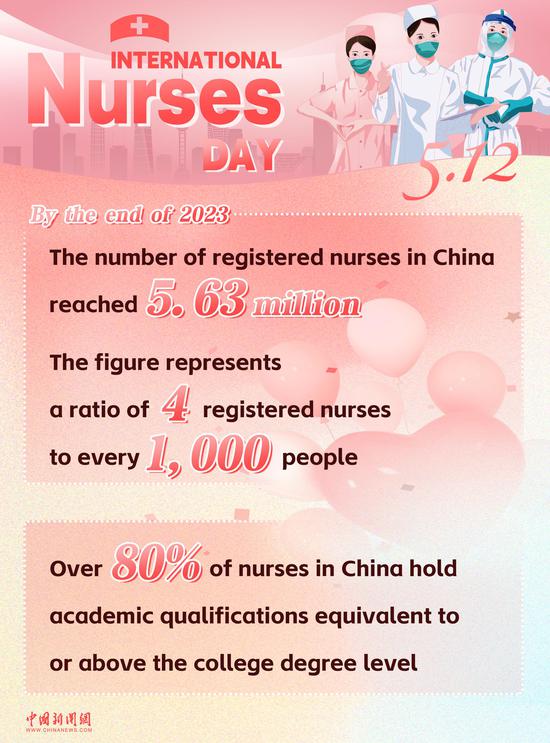






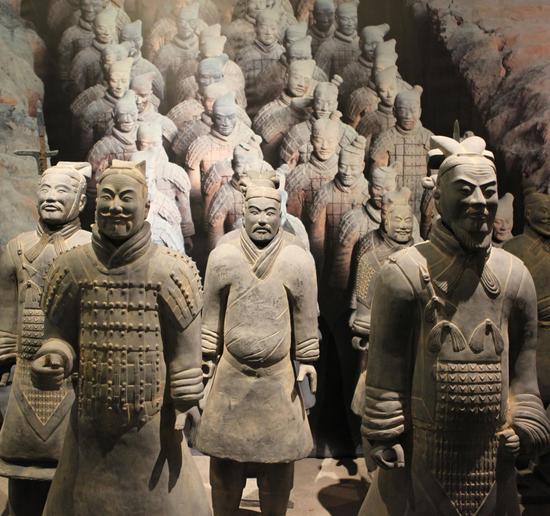


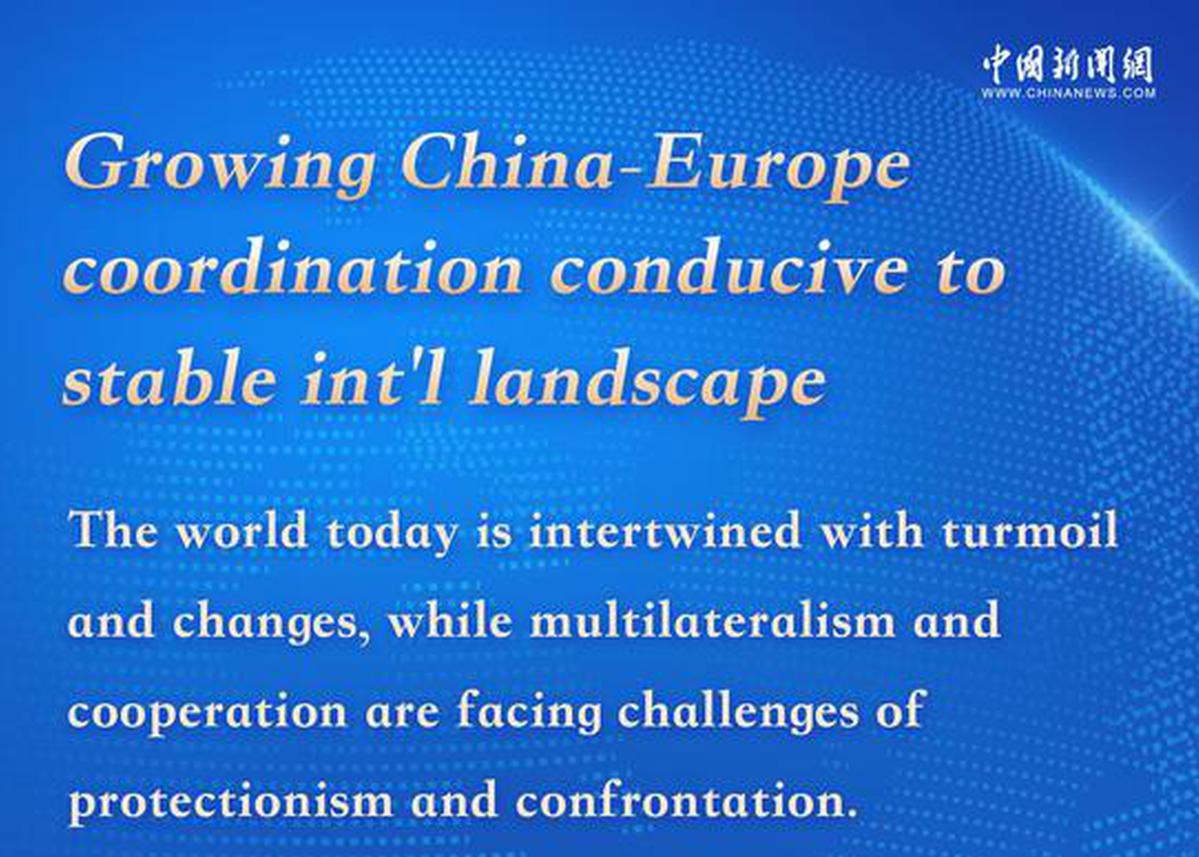





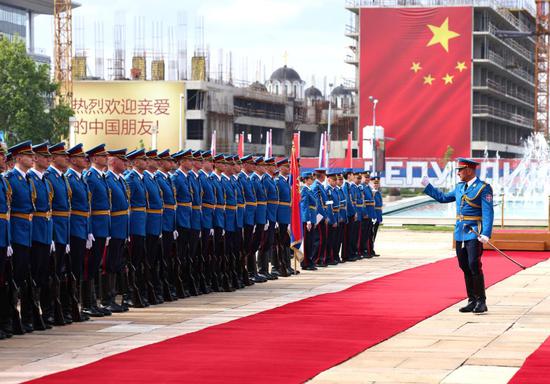


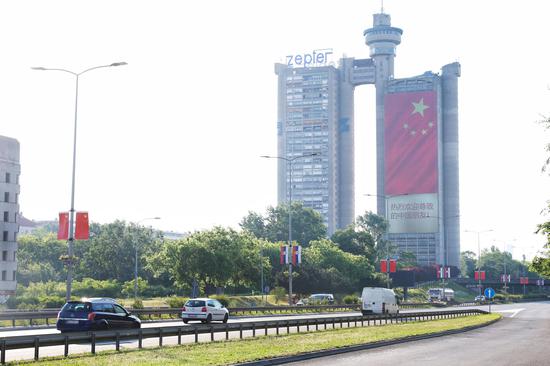


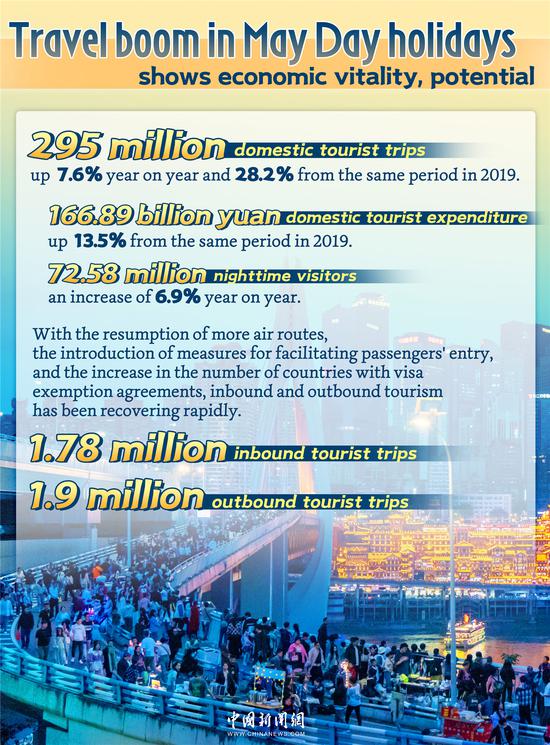
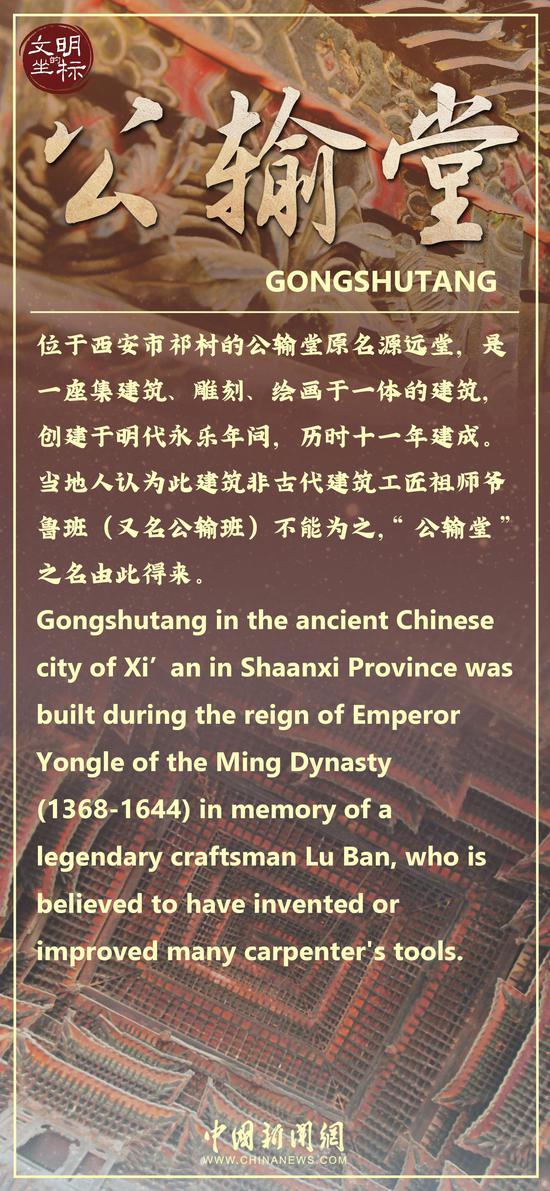





 京公网安备 11010202009201号
京公网安备 11010202009201号